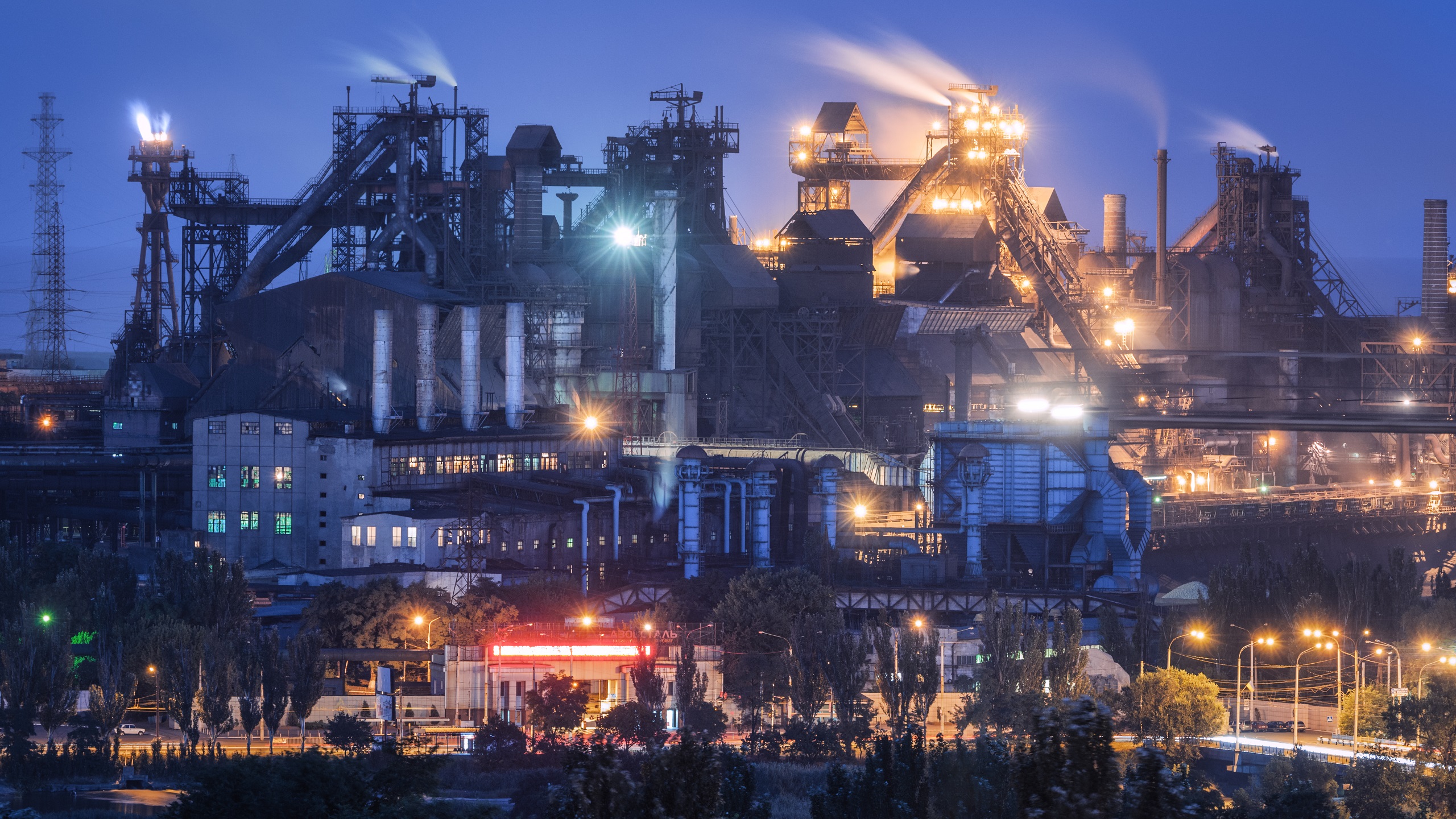Mariupol: One Year Later
Asharq Al-Awsat, London, May 19
Almost a year ago, when the last Ukrainian defenders left the decimated city of Mariupol, many had assumed that the war initiated by Vladimir Putin would culminate in a Russian victory. Since then, these initial presumptions have been debunked. One of these claims was that the 80-day battle for Mariupol could not be enacted in other Ukrainian cities and towns under Russian attack. The defenders of Mariupol had been largely led by a group of nationalist Ukrainians who were unafraid to die for their beliefs. Most of them were employees at Ukraine’s predominant steel mill, known for their cohesive spirit in times of adversity. The efforts of these patriots cannot be emulated in other parts of Ukraine. Analysts initially believed that the losses Russia suffered in terms of lives and resources in the war with Ukraine would make it impossible for them to prolong the conflict. There was also a hope that the terrible images emerging from the conflict would galvanize international forces to bring the war to a swift conclusion. Unfortunately, what transpired was quite different. It created a sort of “pain threshold” for both parties, which accommodated the new pace and frequency of the war. Both sides are satisfied to demonstrate that the conflict still rages on, despite having achieved nothing conclusive. A negative equilibrium was formed, leading to an indefinite struggle or a “war of no tomorrow.” The detrimental effects on both sides, be it military or civilian, pale in comparison to the atrocities seen in Chechnya and Syria, although the displacement of Ukrainians and Russians from their homes due to conscription should not be diminished. Under President Vladimir Putin’s leadership, Russia has turned to warfare to preserve his authority, eradicate real or imagined dissidents, and promote a bellicose nationalist message to bolster his sense of legitimacy. According to Russian folklore, there’s no such thing as a morally upright czar. Should this conflict persist for years or even for good? Do not overlook the fact that Europe has a long history of wars, including the Thirty Years’ War and the Hundred Years’ War. More recently, Russia experienced a decadelong conflict in Afghanistan before suffering a level of hardship it could no longer tolerate. All in all, it is generally accepted that the Ukrainian crisis does not pose an insurmountable threat and may even offer certain benefits to Russia. Western democracies that back Ukraine hope that their diplomatic efforts will constrain Russia and check any hostile behavior on its part. Meanwhile, the Chinese administration has been capitalizing on the situation to strengthen its presence in the Russian Far East through the immigration of Chinese citizens and significant investments in agriculture and mining. China aims to establish itself as a credible alternative to Western hegemony, thus creating a contemporary version of the bipolar balance of power. Unfortunately, European nations might miss out on the benefits of the war, facing grave economic and political consequences. Inflation and shortages in the European Union are already taking a toll on the household of every EU citizen. Additionally, multiple EU members have been upping the amount of money promised to Ukrainian President Zelenskyy, drastically escalating their financial commitments. The war in Ukraine could have long-term, damaging effects on the European Union in multiple ways. At the EU summit in Reykjavik, Iceland, and the Council of Europe, the delicate issue was raised of whether to start official negotiations concerning Ukraine’s request to become a full EU member. This problem could lead to divisions within the EU, with some countries pushing for immediate negotiations and others firmly refusing them. Granting Ukraine extra privileges could also upset other applicants who have been faithfully complying with the Russian Federation’s requirements over a considerable period, as well as Turkey, which has foregone applying since 1998. French President Emmanuel Macron recently declared that Ukraine belongs to the “European family,” though the same can be argued for other countries such as Albania, Macedonia, and Serbia. NATO officials have recently put forth the idea of granting Ukraine a form of quasi-membership, dubbing it a “fully protected partner.” This is a dangerous proposition, as it not only gives Ukraine a false sense of security but also might present to other countries the impression that NATO support can be guaranteed without official membership. Further, this rhetoric would be seized by Putin, who is already claiming to be a victim of NATO aggression. The 19th-century military theorist Antoine-Henri Jomini understood war to be full of uncertainty and mystery. He emphasized the importance of forming a vision of how a war might end with some semblance of victory in order to minimize losses. However, as neither party in this conflict appears to have any idea how it will turn out, the world is left in an ominous state of uncertainty. —Amir Taheri (translated by Asaf Zilberfarb)


